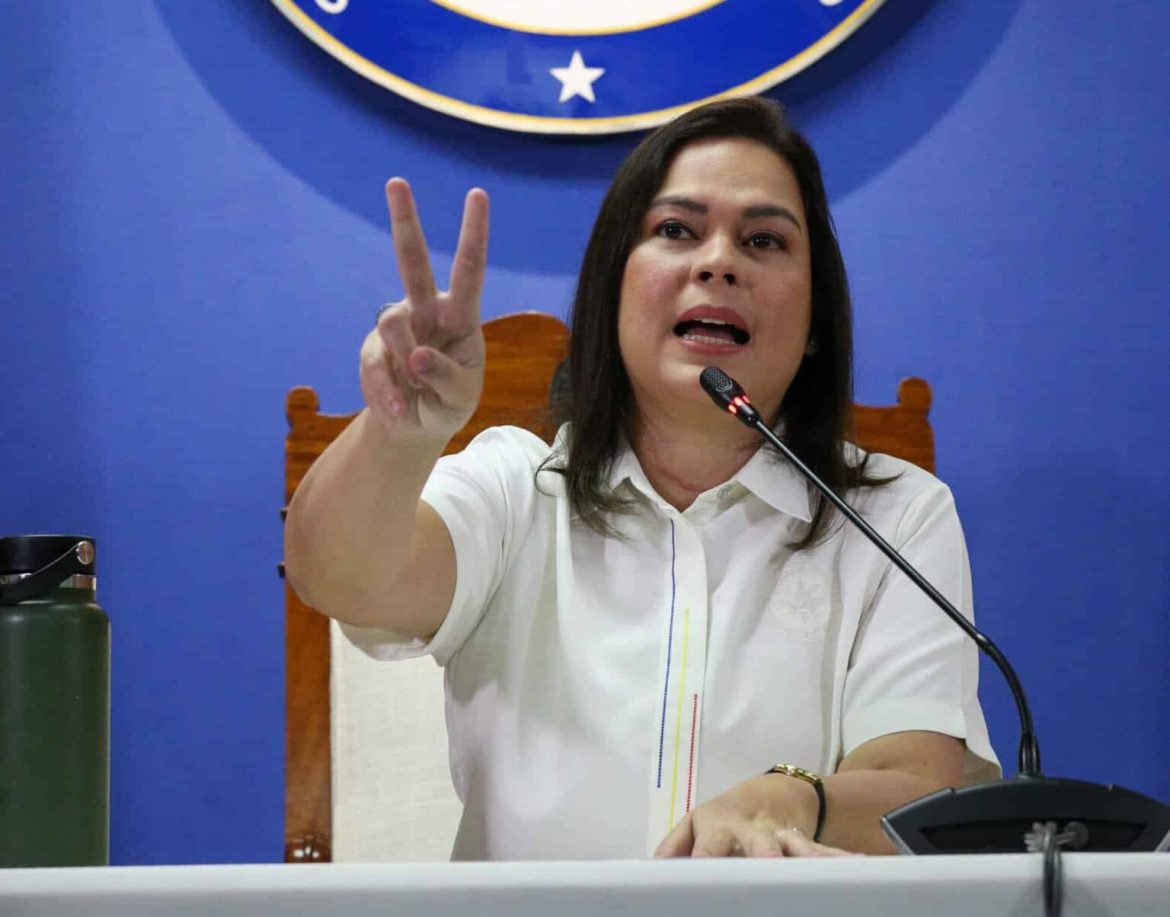Vice President Sara Duterte is in the spotlight for choosing to stay at the House of Representatives to support her detained top aide, Zuleika Lopez, a decision that has sparked controversy and highlighted tensions between Duterte and House members.
The issue began when Lopez was held in contempt for allegedly interfering in a House committee’s investigation into confidential fund allocations linked to the Office of the Vice President. The House committee on good government, led by Chair Joel Chua, summoned Lopez, which eventually led to her detention.
In response to her aide’s situation, Vice President Duterte has taken an unprecedented step. She has opted to stay indefinitely within the House premises until Lopez is released. Duterte’s decision is seen as a challenge to established House protocols and has resulted in heightened tensions between her office and lawmakers.
Duterte was initially denied permission to remain in the House. She decided to occupy the office of her brother, Davao City Representative Paolo Duterte. Her presence there was described as “unauthorized,” and it led to some logistical challenges for the House staff, who had to adjust their schedules and building management protocols accordingly.
The Vice President’s actions have been met with mixed reactions. Some view her decision as a show of loyalty and support for her aide, while others see it as a breach of protocol. House Speaker Ferdinand Martin Romualdez and other lawmakers have expressed concerns about Duterte’s decision, emphasizing the need to adhere to established rules and procedures.
Despite the appeals and concerns raised by lawmakers, Vice President Duterte remains firm in her stance. She has publicly stated her intention to stay at the House of Representatives regardless of the criticism. Duterte emphasized her commitment to supporting her aide during this challenging time.
The situation has attracted significant attention from both the public and the media. Observers note that this standoff highlights the complexities of political relationships and power dynamics within the Philippine government.
While the House committee continues its investigation, Vice President Duterte’s actions have added another layer of complexity to the proceedings. The committee is expected to proceed with its work, but the presence of the Vice President in the House premises has created an unusual and tense atmosphere.
As the situation unfolds, many are watching closely to see how it will impact the relationship between the Office of the Vice President and the House of Representatives. The standoff between Duterte and lawmakers serves as a reminder of the challenges faced by government officials in balancing personal loyalty with adherence to institutional rules.

